Most of us, religious or not, are aware of the Christian concept of the seven deadly sins. Despite their religious origins the seven sins have become a standard benchmark for behavior in everyday life.
That got me thinking about photography. I am not a religious person but, could the seven sins be applied to our work or hobby? Could the moral code that we set for ourselves have any relevance in our picture taking? Could it even improve our photography?
The answer I came up with was yes. They are very much relevant and I believe that by avoiding them many of us could become better and happier photographers.
Lust
Lust is defined as “intense longing”. If I substitute the words “intense longing” with “gear acquisition syndrome” then I think we have nailed deadly sin number one.
The entire point of marketing is to make us lust after new products. Camera companies are extremely good at it. Not only do they assault us online and in print but also by “upgrading” camera models every year or so.
They add subtle new features then proceed to tell us how much better we will be at photography because of these features. We listen, believe and buy only to be disappointed in the end. That’s not to say that camera upgrades are bad; it's just better to be more realistic, upgrade every third product cycle and you are more likely to appreciate the improvement and have more money in your pocket.

Gluttony
The sin of gluttony is defined as overindulgence. Overindulgence in photography can be harmful to our creativity and passion. How many of us have been through phases where we go out and take images day after day for hours?
Very often this overindulgence leads to diminishing returns, we struggle for ideas and creativity. We return with bland, often similar images that do not inspire us.
There is another, perhaps worse side effect of photographic gluttony. We neglect our family and friends in favor of taking photographs. Photography should be something that is both enjoyable and rewarding. That should come naturally and not be chased. Take a look at how much time you are devoting to photography and compare it to the images you are getting. If it’s too much time for little reward it’s time to take a step back.
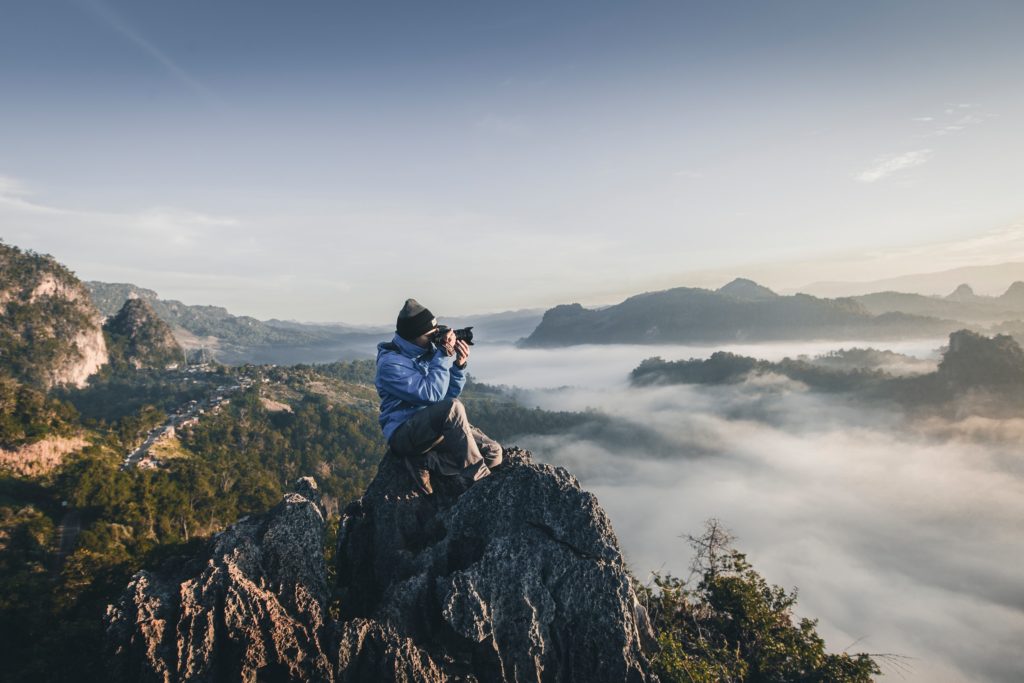
Greed
Greed is a desire similar to lust. In photographic terms greed is taking gear acquisition syndrome to its logical conclusion. That is, buying much of the gear you lust after. It’s something we are probably all guilty of (to some extent!), mentally justifying a product that will improve our photography. In reality we are just lusting after ownership of said product despite the fact we will rarely use it.
Hoarding camera gear is another symptom of greed. While there are many people who like to collect cameras, it often happens that majority of their cameras end up gathering dust on a forgotten shelf. They are crying out for a new home.
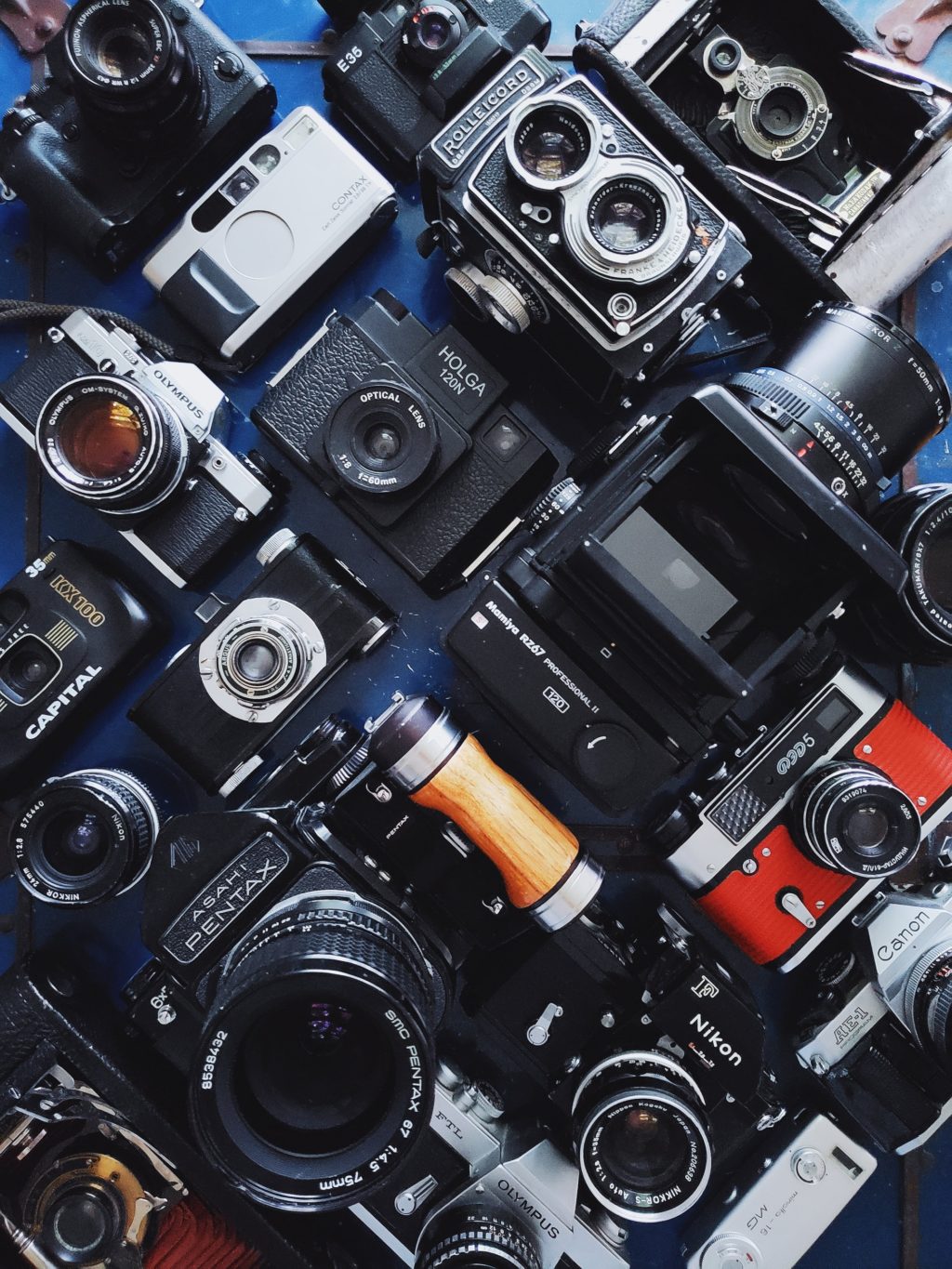
Sloth
Sloth is the habitual disinclination to exertion. Or to put it another way, not bothering to move to take a better photograph. We are all guilty of it occasionally. Happy to stay put in a location rather than clambering across some rocks despite knowing that is where the better photograph lies.
Zoom lenses can inspire sloth. We will often zoom rather than move closer despite the ingrained knowledge that the perspective on our subject would look much better if we did move.
Sloth doesn’t just manifest itself in physical movement though. It can also hinder our ability to learn and to be creative. We can often rely on the knowledge we already have to take an image, rather than explore new ideas.
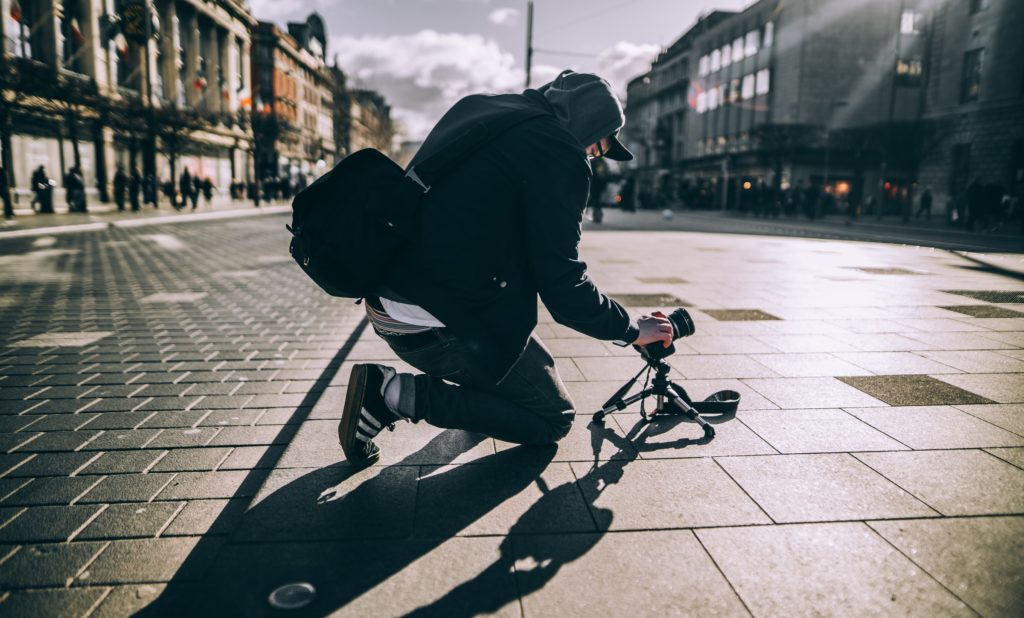
Wrath
Uncontrolled feelings of anger, rage, and even hatred. Or in other words, most online photographic communities that you have ever visited! Choose Canon and you endure the wrath of Nikon users. Suggest Sigma lenses are better than Sony’s. Step back and prepare to be sent to the flames of hell.
Of course, wrath is nothing new in the world of photography. Perhaps we recognize it better as toxicity. Why would someone get so upset that you have chosen a different brand? The simple reason is that in their mind, you are undermining their purchase decision.
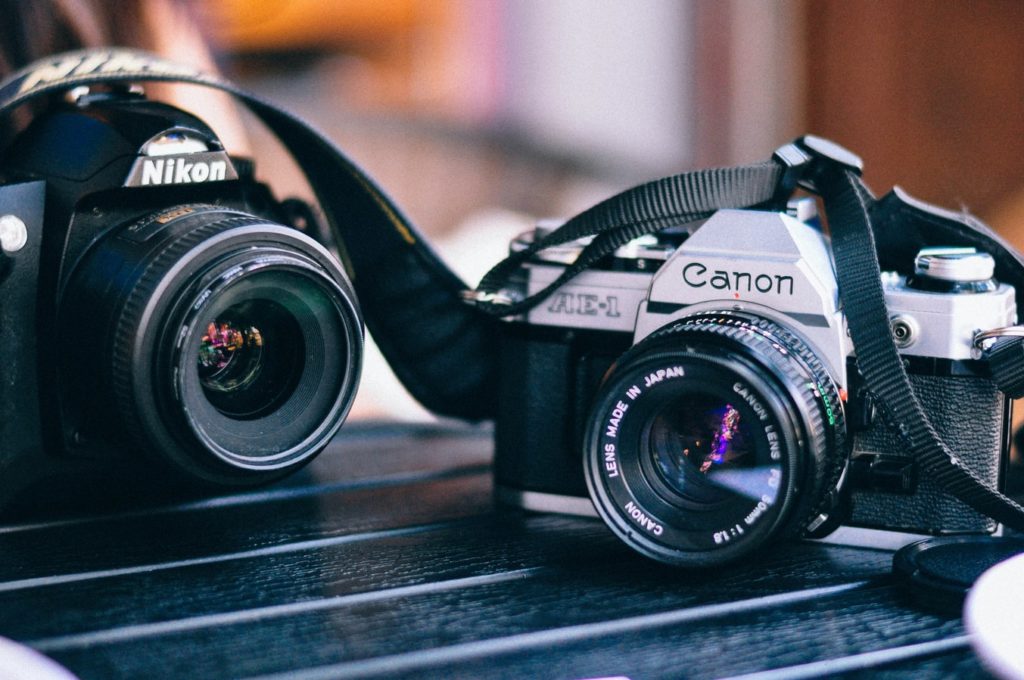
Envy
A resentment towards the possessions of someone else. Ever had a teenager rock up next to you sporting a Nikon D5 with the holy trinity of lenses? What was your reaction? Rich kid, stolen camera, more money than sense? But has the thought that this kid may be a talented and successful photographer even crossed your mind?
That’s the point of photographic envy. We don’t know the other person’s story. We don’t know why they have that gear. We don’t even know if they understand how to use it. However, why should that bother us? If we are confident in our abilities then nothing someone else is using should be causing any envy.
Another place we often see envy is in the criticism of other’s work. Constructive critique is good but nitpicking an image because you’re envious does not reflect well on you. Learn to accept others are just as good at taking pictures and try to learn from them.
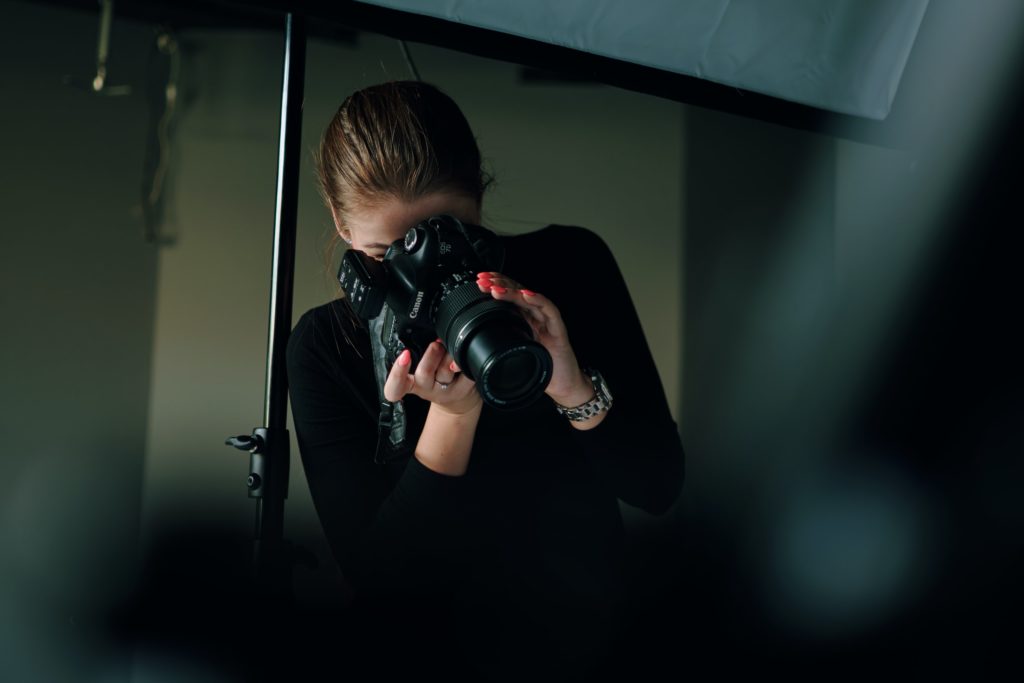
Pride
There is nothing wrong with pride per se. However, if that pride is unjustified, then, as the old proverb suggests, you are setting yourself up for a fall. Being proud of an image you have taken needs to also come with humility. Posting “I shot this incredibly awesome image” to a Facebook group will get you shot down in flames no matter how awesome that image is. Post something like, “I am really proud of this shot” will get you an infinitely better response and also some constructive criticism.
That leads us to another failure of pride – the lack of ability to accept criticism. Someone who has too much pride will often respond very negatively to criticism. No matter how impressed you are with a shot, take a step back and allow your peers to judge you. That way you will find yourself becoming more creative, learning new things and becoming a better photographer. All things to be proud of!
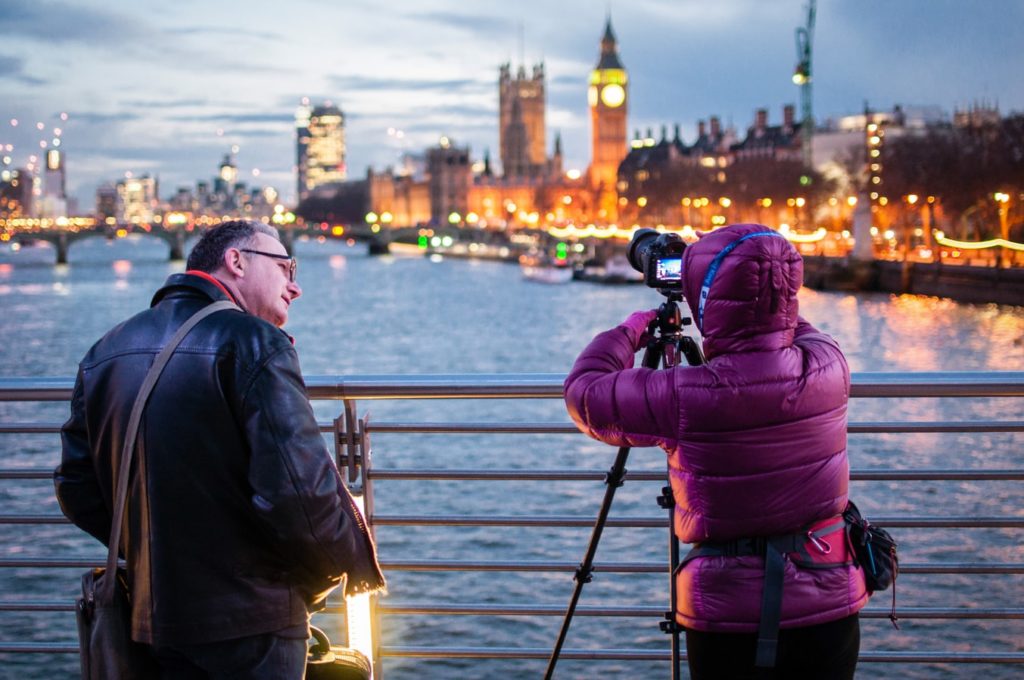
So there you have it, the Seven Deadly Sins as applied to photography. Whether you are religious or not, the moral code that we apply to our daily lives is also well suited to our photographic lives. By understanding and avoiding these sins, we can improve our photography and become a more relaxed and confident photographer.

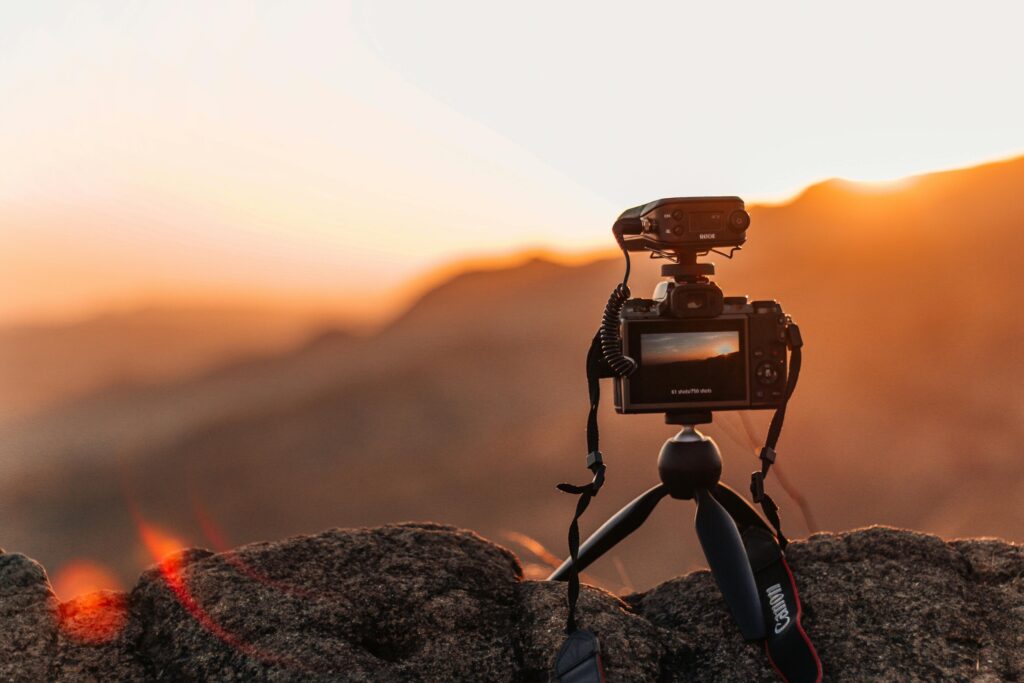



2 Comments
Love your perspective! If you have been into photography for a while you invariably start to amass kit. Go back to basics and just take a single camera & single lens out with you, it really makes you focus on making the best of what you have.
Nice article! Creative people are very vulnerable and the perspective to be unacknowledged scares them greatly. Thanks for posting this information.